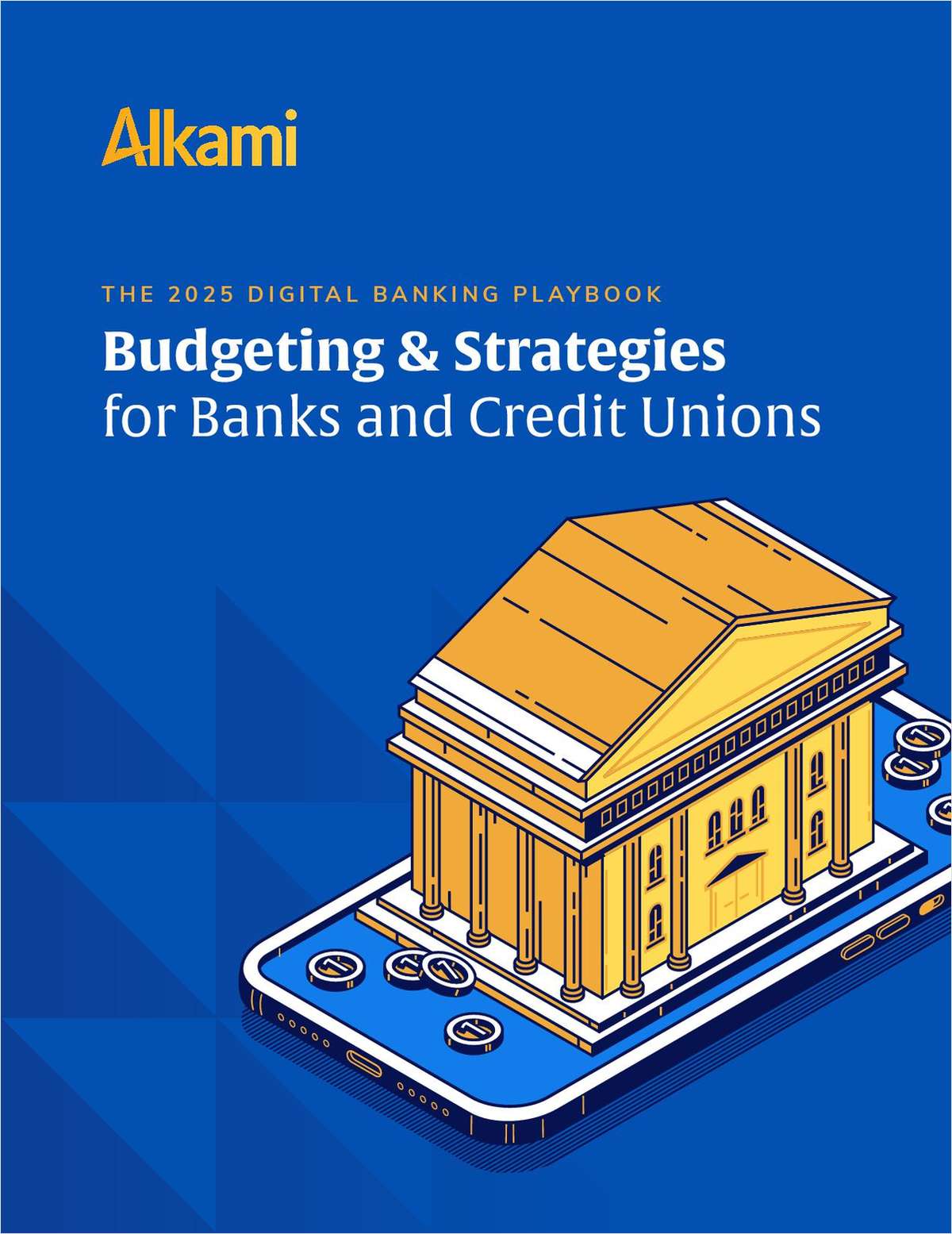EAST CHICAGO, Ind. – The rising cost of health insurance and the question of who should pay the bill promises to get more attention across the nation in the coming months. The issue looms at the heart of a credit union labor dispute in Indiana. On Friday, August 22, members of the United Steel Workers Local Number 2003-21 walked off the job, alleging that the $134 Inland Employees Federal Credit Union had been involved in unfair labor practices, a charge the credit union denies. The walkout's precipitating event, according to the union, was the disciplining of three union members, who allegedly sent an e-mail to credit union leadership about pending changes to the credit union's health insurance policy. Currently credit union employees receive their health insurance coverage free as an employment benefit. The credit union disputed the union's version of events, arguing that the e-mail in question may have been directed to the credit union's leadership but was broadcast to the credit union's more than 60 employees. “Everyone we talked to about this has agreed that their employer would have acted if they had done such a thing,” said John Wahadlo, credit union CEO. “And of course if the e-mail had really only been sent to the credit union's leadership, there would have been no disciplinary action,” he added. Wahadlo said he was not surprised the union had called the strike under an allegation of an unfair labor practice since, under labor rules, workers are allowed to return to their jobs after such job actions. He also noted that two of the four labor practices with which the union has charged the credit union before the National Labor Relations Board, the nation's primary labor relations' regulator, have been withdrawn or dismissed. Despite the current strike, Wahadlo expressed confidence in the negotiating system. “We have always negotiated with the union bargaining unit and we will continue to bargain with the bargaining unit until we arrive at a fair contract,” he said. The union agreed that the credit union did not appear to be looking to bust the union. “The bottom line is that we haven't had a contract since January,” said Sue Beckman, leader of the United Steelworkers Union that represents roughly 40 of the credit union's employees. “We can't tell what they are trying to do. They have stood us up in negotiations along with the federal mediator,” she said. Beckman said relations between the credit union and the union had been good overall and Inland has deep roots as a credit union established for steel workers. Those factors made her believe the credit union did not have designs on breaking the union. The credit union has also refrained from hiring any law firms that have “union busting” reputations, she said. But even though both sides were expressing a measure of good will, there are indications that the final negotiations that will bring workers back under a contract are liable to be painful. The credit union and the union local have met 17 times since early February, according to Wahadlo, and the biggest issue between the two, health care costs, still remain. Wahadlo added that the credit union considered itself caught between a sharp rise in health care premiums on the one hand and its employees' familiarity of not having had to pay anything for their health care. The credit union presented data early in the bargaining sessions with the union that showed that five other credit unions in the area, which also had workers who were part of United Steel Workers locals, already had workers picking up part of their health care costs. “We are the only USWA credit union in the area where employees still do not pay any of their health insurance costs,” Wahadlo said. “That's just not sustainable.” According to the credit union, its insurer, a branch of Blue Cross and Blue Shield, has increased the credit union's insurance premiums by 31% over 2002 and the credit union pays more than $370,000 annually for employees' health care insurances. “That's $4.45 per employee, per hour.” Wahadlo said. “We can't keep that up.” The truth is that this is not a management versus labor issue, Wahadlo explained. “This is an economic issue. This is taking place all over the country, with smaller firms facing rising health care costs and not being able to keep the same relationships with their workers.” Looking forward to the credit union's next bargaining session Wahadlo said the institution would be sticking with its position that employees should pay at least 20% of their health insurance premium, and incrementally more for family coverage. [email protected]
Complete your profile to continue reading and get FREE access to CUTimes.com, part of your ALM digital membership.
Your access to unlimited CUTimes.com content isn’t changing.
Once you are an ALM digital member, you’ll receive:
- Breaking credit union news and analysis, on-site and via our newsletters and custom alerts
- Weekly Shared Accounts podcast featuring exclusive interviews with industry leaders
- Educational webcasts, white papers, and ebooks from industry thought leaders
- Critical coverage of the commercial real estate and financial advisory markets on our other ALM sites, GlobeSt.com and ThinkAdvisor.com
Already have an account? Sign In Now
© 2025 ALM Global, LLC, All Rights Reserved. Request academic re-use from www.copyright.com. All other uses, submit a request to [email protected]. For more information visit Asset & Logo Licensing.









